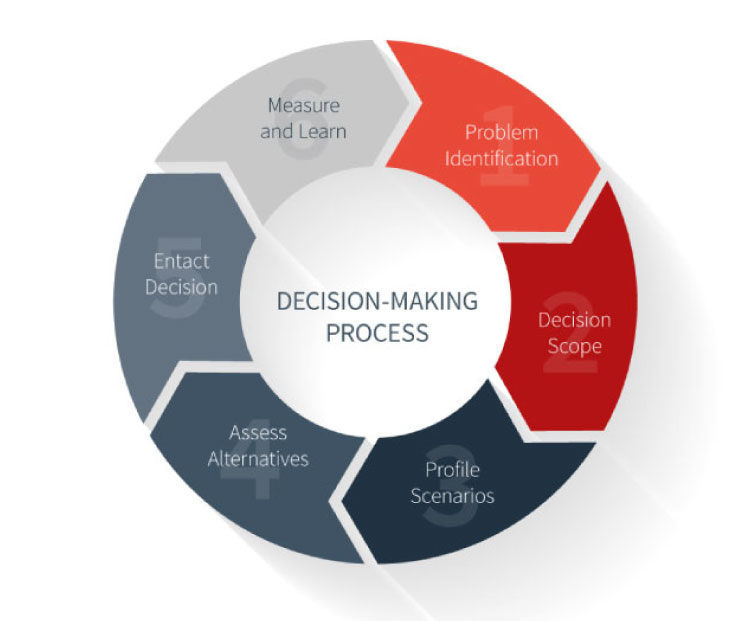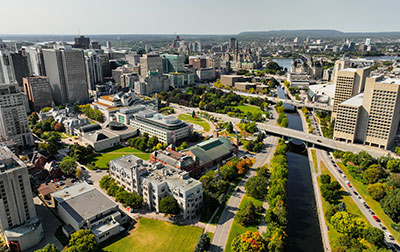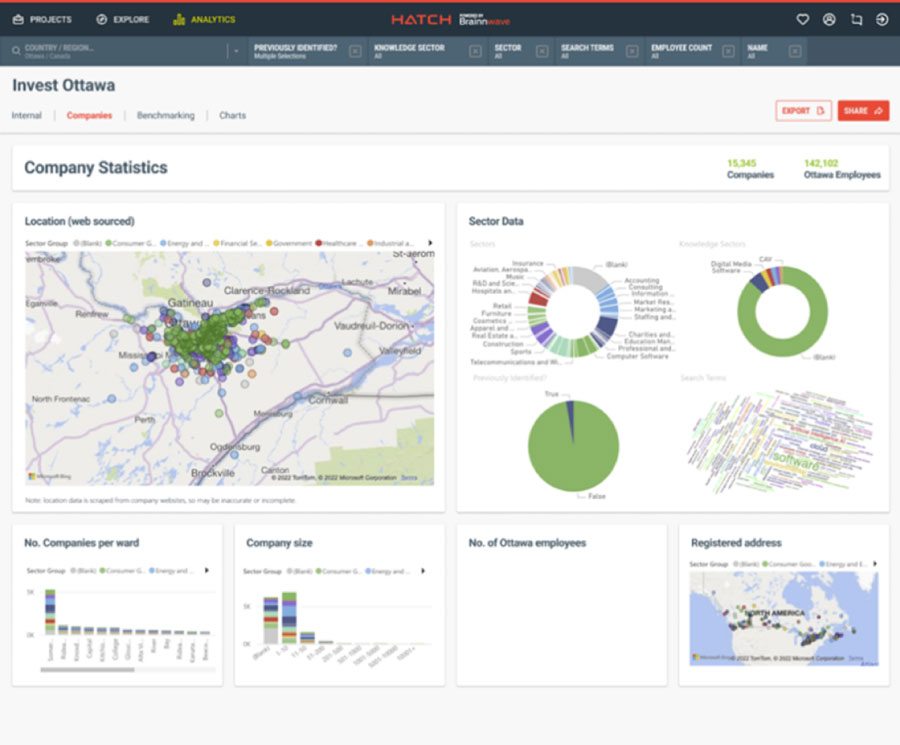The evidence evolution in urban decision making
Hatch’s global Urban Solutions team supports clients to tackle major strategic challenges. In recent times this has included managing rapid city growth and congestion, developing economies of the future, activating great places, repurposing stranded assets, and decreasing carbon footprint of cities. Our job is to support leaders to make informed, impactful and responsible decisions that align to their strategic objectives. The decision making frameworks needed to inform such decisions is evolving rapidly.
What constitutes evidence-based decision making?
Traditionally, many decision makers have sought evidence that represents a singular source of truth; indicators or insights that show what is currently needed, and the impact a decision will have. Evidence has been considered in absolutes, providing comfort and certainty over what is needed.
This approach inadvertently reinforces our existing biases and assumptions, shaping what we consider “true” and emphasising a mindset that prioritises quantifiable data - overlooking or devaluing the intangible aspects that profoundly impact urban life. The approach looks backwards, rather than confidently looking forward into an uncertain, dynamic, evolving realm.
An evolving paradigm for effective decision making.
For leaders to effectively navigate these challenges, a shift in how we approach strategic decision-making is essential. Whilst this new paradigm is highly context dependent, we have identified a number of interrelated critical factors to enable more impactful urban decisions. These include:
- How do we embrace the inherent uncertainties of dynamic urban environments?
- Challenging biases and assumptions – What ‘truths’ need to be tested?
- Valuing the tangible and intangible – What evidence cannot be quantified but is still important?
- Acknowledging and anticipating changing context – how will this decision remain impactful under alternative futures?
The table below outlines questions we often find useful to ask at various phase of a decision-making process to challenge the status quo and invite new insights.

- Does a business-as-usual decision-making framework make sense?
- What is the minimal decision required for progress (not perfection)
- Are we limiting the options of future decision-makers?
- How can we support future decision-makers to make better decisions?
- What plausible futures do our models not recognise?
- Who really owns this problem?
- Who has skin in the game?
- What is the unchallenged theory of change?
- Who has agency? Who does not have agency?
- Who speaks for those who aren’t here yet?
- What risks and impacts are taboo?
- What criteria is overweighted?
- Are claimed impacts correlation or causation?
- What stories are driving this decision?
- What underlying ‘pain’ is being felt?
- What underlying values are represented in behaviours?
- What impacts are ‘too hard’ to measure/ estimate?
- Are ‘easy’ metrics being prioritised?
- Are we recognising non-financial costs?
- What lag impacts are not being captured?
- Do we even understand present-day context?
- Will this be a problem in X years?
- What plausible futures are relevant?
- What futures inspire us?
- What futures scare us?
- What time-lags are inherent in the system?
- Does project governance ensure flexibility?
Often, in considering these questions, we recognise that effective decision-making requires bespoke frameworks that understand and anticipate the limitations of any one approach. The business-as-usual frameworks are simply not-for-purpose.
Future of Fremantle: Harnessing the collective wisdom of the community

Future of Fremantle is a game changing strategic economic development, strategic land use and infrastructure planning exercise that sets a new vision for Fremantle’s Inner Harbour precinct following the relocation of container handling operations to a new facility at Kwinana (Westport).
Realising a shared vision meant that Hatch proactively engaged with local communities, Traditional Owners, industry, investors and government representatives impacted by the project to explore and understand their underlying values beyond populist issues. Through over 500 hours of face-to-face time we were able to explore the trade-offs of alternative development pathways across a range of alternative futures to foster a positive view of the opportunity that the project represents. By facilitating the hard conversations early, we presented decision-makers with a robust, community-supported rationale for a highly aspirational vision, far beyond what would have otherwise been supported.
Invest Ottawa: AI powered insights

Invest Ottawa identified a need to better understand how strategic clusters of economic activity were developing and performing within the Ottawa economy. Via our digital platform Mosaic, Hatch and our digital partner Brainnwave developed a next-generation data model drawing from reliable public and private data providers to feature target knowledge-based industries (i.e., information and communication technology and life science industries) and a methodology that enabled comparisons with other similar municipalities to support inward investment activities. The first part of the project was to utilise an innovative AI-based approach to profile and quantify the scale of the knowledge- based industries in Ottawa. The second part of the project developed a series of internal and external data dashboards that tell the story of the Ottawa economy. The development of the dashboard included collecting population, employment, economic, real estate, and quality life data for the Ottawa region.

As cities continue to grow and evolve, facing unprecedented challenges and opportunities, the need for adapting evidence-based decision-making becomes paramount.
Contact us to find out more about how these innovative principles can pave the way for creating sustainable, equitable, and thriving urban environments that uplift all citizens.
This is the first part of a series exploring themes our Urban Solutions team advises clients on globally. To learn more about our practice, please visit our Urban Solution page.
